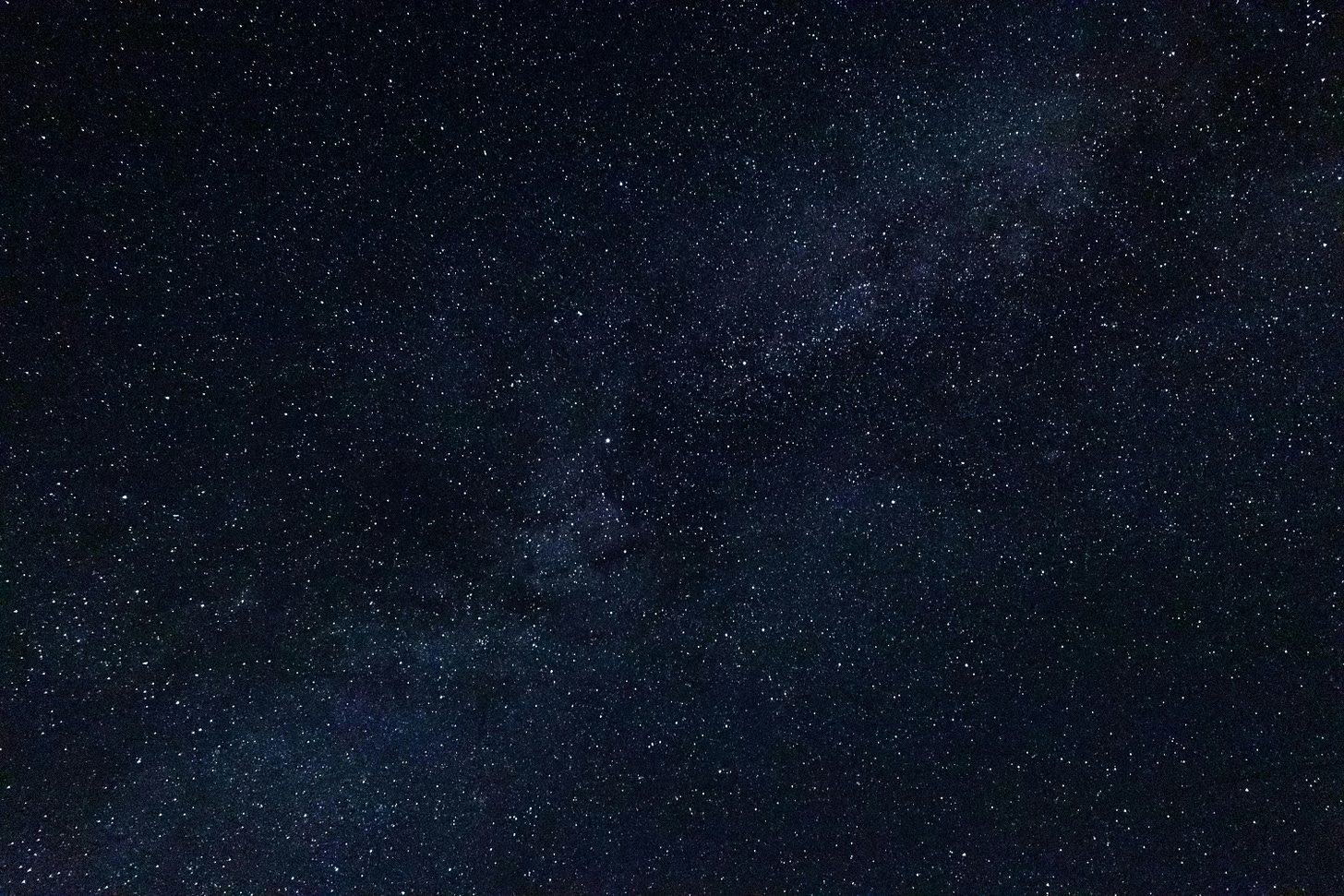Ascension: The Divided Heart
No one has ascended to heaven but He who came down from heaven, that is, the Son of Man who is in heaven. John 3.13
Prior to Christ’s Ascension, heaven was closed: No one has ascended into heaven (John 3.13a). The gates were shut and the path was overgrown: He placed cherubim at the east of the garden of Eden, and a flaming sword which turned every way, to guard the way to the tree of life (3.24b).
When we fell, we created a void. This void was filled by the powers that gained the authority that we, in choosing to turn away from God through sin, lost: For we do not wrestle against flesh and blood, but against principalities, against powers, against the rulers of the darkness of this age, against spiritual hosts of wickedness in the heavenly places (Ephesians 6.12).
Through His Incarnation, Christ began to reverse this cursed situation, so as to restore us to our place in the heavenlies: I did not come to judge the world but to save the world (John 12.47b). Through His entrance into temporal life, He permitted us entrance into eternal life: I have come that they may have life, and that they may have it more abundantly (John 10.10).
The paschal mystery, in displacing the law of cause and effect, changed the nature of reality. Retributive justice—You shall give life for life, eye for eye, tooth for tooth, hand for hand, foot for foot, burn for burn, wound for wound, stripe for stripe (Exodus 21.23–25)—was supplanted by the mystery of self-sacrifice: Do not resist the one who is evil. But if anyone slaps you on the right cheek, turn to him the other also (Matthew 5.39).
Through His Crucifixion, Christ liberated us from the consequences of our sin: Christ redeemed us from the curse of the law by becoming a curse for us (Galatians 3.13a). Through His blood, we are reconciled to the Father, from whom we are, otherwise, estranged: For in him all the fullness of God was pleased to dwell, and through him to reconcile to himself all things, whether on earth or in heaven, making peace by the blood of his cross (Colossians 1.19–20).
The wounds and suffering that Christ endured and entered willingly—Father, if it is Your will, take this cup away from Me; nevertheless not My will, but Yours, be done (Luke 22.42)—and joyously—I have told you these things so that My joy may be in you and that your joy may be full (John 15.11)—heals us and sanctifies our suffering: He was wounded for our transgressions, He was bruised for our iniquities; the chastisement for our peace was upon Him, and by His stripes we are healed (Isaiah 53.5).
Through His Resurrection, Christ overcame the power of death. If we are in Christ (2 Corinthians 5.17) we are liberated from the death to which we would, otherwise, be condemned, as a result of our sins: God, who is rich in mercy, because of His great love with which He loved us, even when we were dead in trespasses, made us alive together with Christ (by grace you have been saved) (Ephesians 2.4–5).
By blotting out our sins on the Cross—The blood of Jesus Christ His Son cleanses us from all sin (1 John 1.7b c.f. Isaiah 43.25)—Christ has made it possible for us to rise with Him, as He ascends: I am ascending to My Father and your Father, and to My God and your God (John 20.17). As a result, we are able to reenter the presence of the Father who has raised us up together, and made us sit together in the heavenly places in Christ Jesus (Ephesians 2.6).
This is not just a nice disturbing little children’s story. Nor is it a mystical fantasy with which to dream. Most importantly, this is not a collection of abstract, theological concepts that have no bearing on our everyday lives. Christ is alive and present in our world and it is His holy will that we spiritually experience and be transformed by every single element of His great and eternal salvation.
Maybe Ascension passed by and nothing has changed. Maybe the paschal/ lenten season of feasting and fasting passed by and nothing has changed. Maybe an entire life of fasts and feasts have passed by and nothing has changed…
Repentance is open, Christ’s mercy is everflowing and redemption is available today.
Pentecost is approaching. Through focused silence, environmental abstinence, self-denial and diligence in worship, we can prepare our vessels for the Lord of Powers (Zechariah 4.6), who is waiting in the upper room (Acts 1.13) and will, very soon, anoint us with the fire of His Holy Spirit.
As Saint Seraphim of Sarov teaches us, the goal of Christian life is the acquisition of the Holy Spirit. The Holy Spirit cannot, however, find a comfortable home in a heart that is divided. In order to acquire the Holy Spirit, our hearts must be completely open to Christ and available for His purposes.
We do not need to understand, nor, necessarily, feel comfortable with, everything that we are reading, hearing and being taught. This comes later. We do, however, need to love Christ with our whole heart: You shall love the Lord your God with all your heart, with all your soul, and with all your mind. This is the first and greatest commandment (Matthew 22.37–38).
He wants nothing less. And, as a result of all that He has done for us and continues to do for us, day after day after day…He deserves nothing less.
Amen +
Author of You Are Mine and Apocalypse, Sister Anastasia writes on the role of the ancient, ascetic Church in a rapidly changing, modern world.
Photo by Gabriel Perez on Unsplash






A blessed Pentecost!
☦️☦️☦️